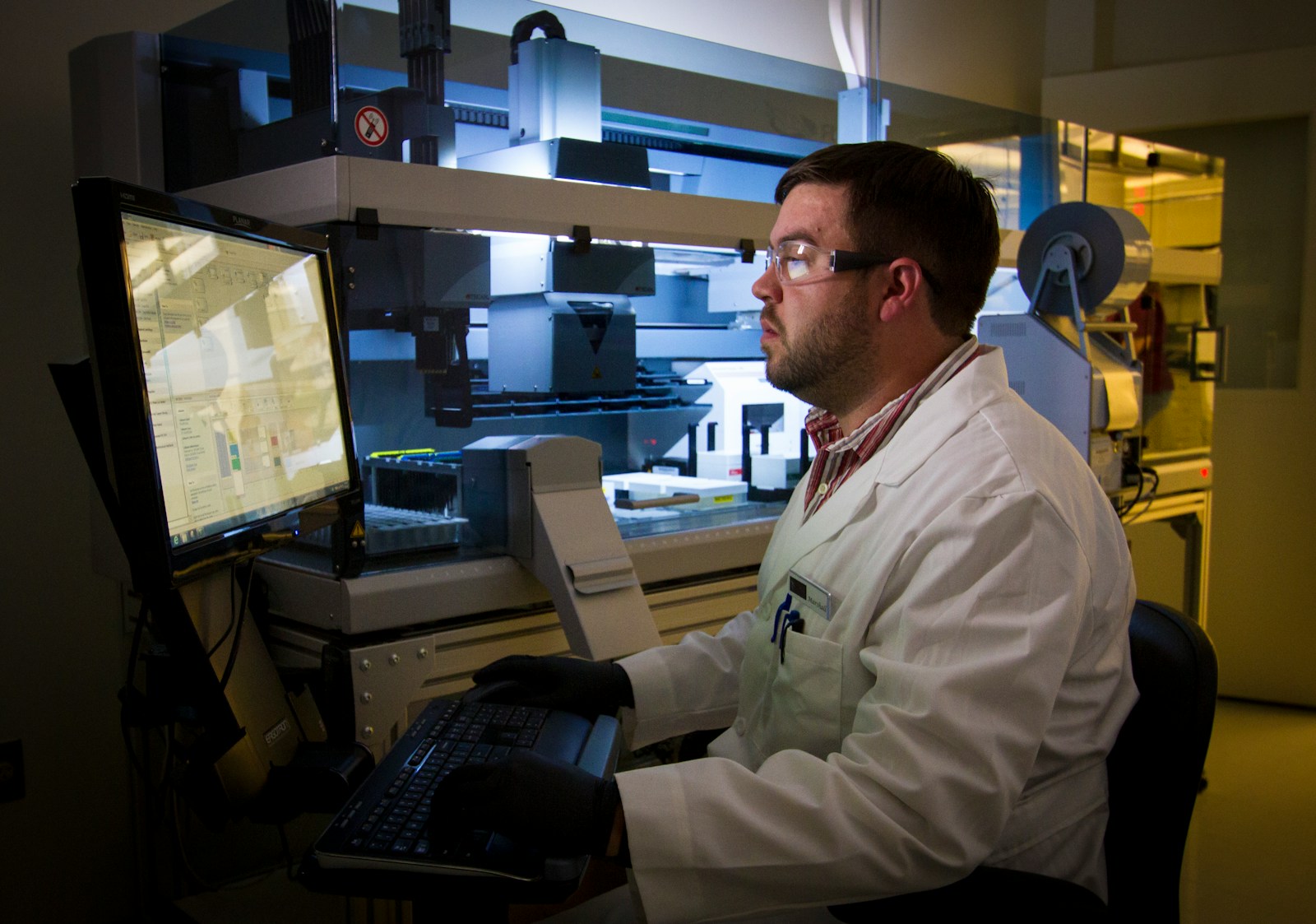Artificial intelligence (AI) is transforming drug discovery through the use of ‘digital twins’—virtual models of human organs and systems. These sophisticated simulations enable researchers to conduct extensive testing and analysis, potentially accelerating the development of safer and more effective medical treatments.
Key Points at a Glance:
- Digital twins are virtual replicas of human organs, created using AI and vast datasets.
- They allow for comprehensive testing of medical devices and drugs across diverse virtual populations.
- This technology can identify potential issues early, reducing reliance on traditional clinical trials.
- AI-generated models can represent various demographics, enhancing inclusivity in medical research.
- The approach aims to improve patient safety and streamline the drug development process.
Digital twins are computer-generated models that mimic the structure and function of human organs. By incorporating AI, these models can simulate a wide range of physiological conditions, diseases, and responses to treatments. This capability allows researchers to test medical devices and drugs in a virtual environment before proceeding to human trials, explore treatment effects across different demographics, including age, gender, and ethnic backgrounds, and predict potential adverse reactions and optimize dosing strategies.
For instance, Adsilico, a company specializing in digital twin technology, has developed virtual hearts to test cardiovascular devices like stents and prosthetic valves. By simulating various patient anatomies and health conditions, they aim to enhance device safety and efficacy.
Integrating AI with digital twin technology offers several benefits:
- Diversity Representation: AI can generate models reflecting a broad spectrum of patient characteristics, addressing the lack of diversity often present in clinical trial data.
- Cost and Time Efficiency: Virtual testing reduces the need for extensive human trials, lowering costs and accelerating development timelines.
- Enhanced Safety: Early detection of potential issues in a virtual setting can prevent adverse outcomes in real patients.
Sheena Macpherson, CEO of Adsilico, emphasizes that AI-powered digital twins enable more thorough testing than conventional methods, potentially reducing the incidence of medical device-related injuries and fatalities.
The adoption of AI-driven digital twins could significantly impact the pharmaceutical industry by streamlining the drug development pipeline, leading to faster availability of new treatments, improving the accuracy of preclinical testing, resulting in higher success rates for clinical trials, and facilitating personalized medicine by tailoring treatments to virtual models of individual patients.
As AI technology continues to advance, the integration of digital twins in medical research holds the promise of more efficient, inclusive, and safer drug discovery processes.
Could AI-generated digital twins be the key to unlocking faster and safer drug development? The future of medicine may well depend on it.
